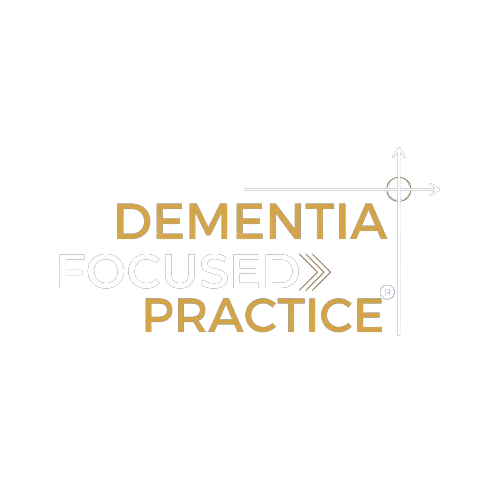There is a lot of confusion about what a guardianship is in the State of Texas and when it’s needed. In fact, a lot of folks I run into think that because they can get a guardianship over a loved one if they need it is a reason NOT to do proper planning. Bad idea!
In our firm, we usually have several ongoing guardianship cases at a time. We serve our clients well, and the outcome helps solve a difficult situation, but I’m betting there’s not one of our clients who, in hind sight, wouldn’t avoid having to go down that road if they could go back and do some things differently.
What could they have done differently? They could have urged their loved one to get a good expanded durable financial power of attorney and a medical power of attorney in place while they still had capacity to do so. A person can lose capacity to make their own decisions and sign legal documents for a number of reasons. Sometimes it’s because they have a catastrophic injury like a brain injury from a car accident or stroke. But sometimes it’s a progressive disease like Alzheimer’s or some other dementia. Many people do not understand that their spouse or their kids will not be allowed to simply step in and make financial and medical decisions for them if they lose the capacity to make these decisions on their own.
In some cases, the only recourse the family has in these situations is to seek a guardianship. Guardianship is expensive because the person seeking the guardianship must hire an attorney to represent them before a judge and prove that the proposed “ward” (the person who has lost capacity and can no longer make decisions for themselves) is indeed in need of a guardian. In addition, the court must appoint an attorney to represent the proposed ward, called an ad-litem, to make sure that their rights are protected. So, the loved one seeking the guardianship to take care of Mom or Dad now has to pay for two attorneys!
The headache doesn’t stop once the guardianship is in place. Let’s say you’re the loving daughter who sees that Mom’s Alzheimer’s has progressed to the point that she is a danger to herself, wandering the neighborhood at night not knowing who she is, and she’s been falling for every scam that comes her way – giving money to the Nigerian Lottery con artist who calls her on the phone and says her winnings will arrive tomorrow . . . if she will just pay the $10,000 processing fee by credit card over the phone. Because Mom did not give you the power to act as her agent on a valid power of attorney while she still had the mental capacity to do so, the court is going to require that once you have been named guardian, you must account for how you spend every single penny of Mom’s money. It has to! You’ve forced an arrangement on Mom that has taken her rights away. The judge may have decided you are fit to make all of Mom’s medical and financial decisions, but it also has to hold you accountable. This is done by requiring that you track expenditures of Mom’s money and report annually to the court where and for what reason the money was spent.
If Mom had just signed a valid durable financial power of attorney and a medical power of attorney while she still could, naming people to act for her, all of this expense and record-keeping could have been avoided.
None of us knows when the unthinkable could happen – a car accident, stroke or other injury that could leave us without the ability to make our own decisions. And progressive degenerative diseases like dementia can cause a person whose abilities have been fairly stable at one level, to experience a sudden drop in capacity. Powers of attorney protect you by making sure the person or people you want making those decisions can step in and take care of your financial and medical needs. There are many different ways these documents can be crafted, and the financial power of attorney needs to have some very specialized language (not the ones on the internet) to allow your agent the maximum latitude to help protect your assets and pay for care, should you have a long (and expensive!) care journey due to illness or injury. But that is a topic for another day.
The best advice I can give you in this area is this: take action today to make sure you and your loved ones don’t ever need a guardianship! Plan for peace of mind with good powers of attorney.









